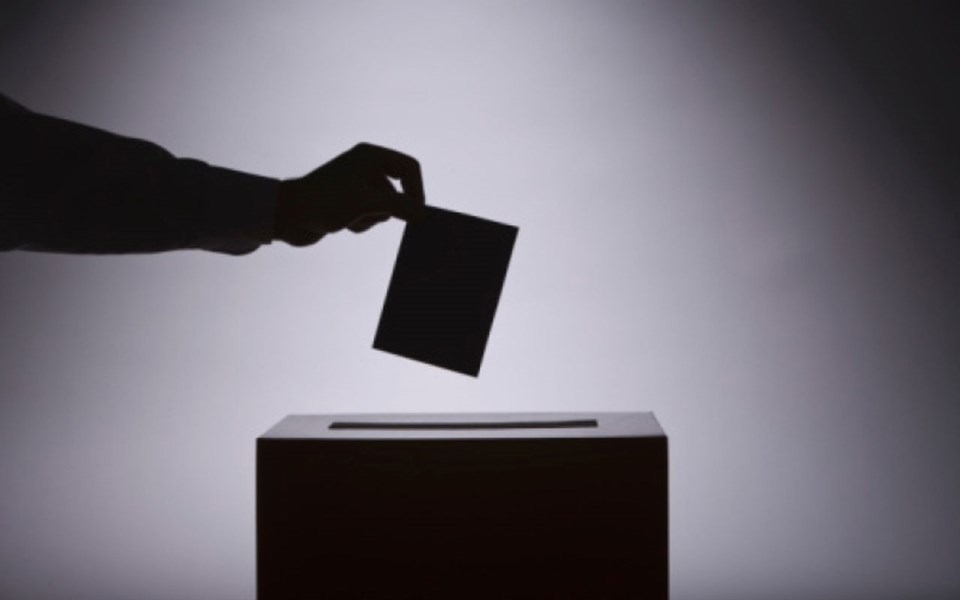Recent polls are showing a dramatic shift in B.C. voter intention, signalling the upcoming provincial election will be closer than expected.
A B.C. Chamber of Commerce survey released Wednesday reveals British Columbians are leaning towards lower taxes, less crime, improved public safety and economic growth.
Most notably, one in five respondents who voted for the BC NDP in 2020 are reconsidering their votes, as their priorities adjust to the aforementioned issues.
Six in ten respondents say they believe they've paid enough taxes towards public safety and fighting crime, with 28 per cent of voters wanting to pay less for climate change and 33 per cent open to paying more for health care.
Business owners are calling for more effective public safety plans, as they face increasing safety concerns and costs, according to a Sept. 9 survey by The Business Improvement Areas of BC (BIABC).
Since 2023, 58 per cent of business owners have reported increased violence and 56 per cent reported a spike in theft.
Eighty-two per cent of respondents to the BIABC survey said they’ve experienced increased fear from street disorder, drug-related activity, vandalism and homelessness. Ninety-seven per cent of businesses also indicated the cost of doing business has increased over the past five years.
Eighty-three per cent of respondents to the B.C. Chamber of Commerce poll say the government plays a significant role in supporting local businesses, and see tax reductions as the most effective measure.
Another hot topic in the run-up to the Oct. 19 election is natural resource outputs, with 77 per cent of British Columbians agreeing that increasing agricultural production will result in the creation of local jobs outside of the sector.
Sixty-five per cent agree the same would occur with higher production rates in the forestry, mining and natural gas sectors.
Another 60 per cent of respondents agree an increase in natural gas production would prevent utility cost increases, as well as 76 per cent believing a ramp-up in agriculture will stabilize food costs.
The large number of undecided voters provides a great opportunity for parties to lay out their economic visions for the province, said Greater Â鶹´«Ã½Ó³»Board of Trade president Bridgitte Anderson in a Sept. 10 press conference.
“All the parties have an opportunity to provide their vision for the British Columbia that they want to see. We urge the parties to take this very seriously and to know that campaigns matter and that we are calling on them.”
The B.C. Chamber of Commerce's online survey was conducted between Sept. 4 and 9, 2024 and engaged 2,010 demographically representative B.C. residents aged 18 and older. It is considered accurate to +/- two per cent 19 times out of 20.
The BIABC survey was conducted between June 6 and 28, 2024 and engaged over 500 small and medium sized business owners in 18 municipalities across the province. It did not provide a margin of error.



